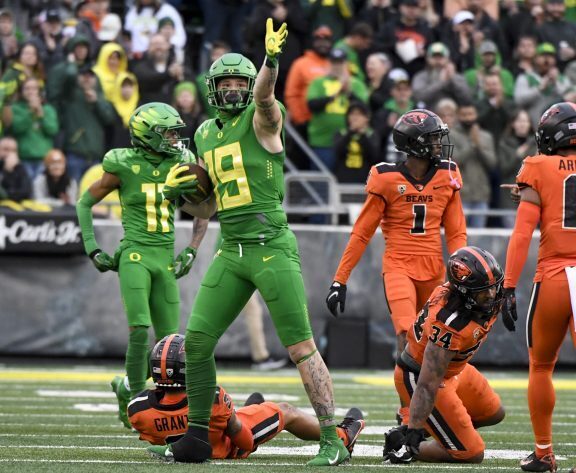- A package of gambling reform bills would regulate Kentucky sports betting.
- The reform bills would also outlaw skill games, AKA gray machines.
- Pari-mutuel betting taxes would be standardized, potentially a windfall for historical horse racing machines.
3 Minute Read
Kentucky sports betting could include more than just pari-mutuel wagering on the ponies.
With time running out for lawmakers to act, a gambling reform package including Kentucky sports betting was unveiled this week. Supporters hope to attach the bills to the state’s upcoming omnibus budget but are prepared to attempt to push each measure on its own.
The Commonwealth of Kentucky is a powerhouse for pari-mutuel horse racing and updated its laws to allow historical horse racing machines last year. Despite a long history of betting on the ponies, other forms of gambling are still highly controversial in Kentucky.
Kentucky Sports Betting Is Popular
State Representative Adam Koenig (R-Erlanger) backs regulating Kentucky sports betting, both in-person and through mobile devices. He has sponsored previous attempts at bringing legalized sportsbooks to the Commonwealth. But they have all failed in spite of the wagering’s popularity.
A recent poll (admittedly pushed by a pro-betting group) found 65% of Kentuckians want to see regulated sports betting. Rep. Koenig believes the government is getting in the way of citizen’s liberty by restricting wagers to pari-mutuel horse racing.
“This is freedom. This is government getting out of the way, allowing adults to make adult decisions,” Koenig told the press when unveiling his gambling bills. His 2020 sports betting bill advanced out of a House committee with unanimous support but then went nowhere.
Because his bill allows mobile sports betting, he estimates it could bring in over $22 million annually for the state. Retail sportsbooks would also be allowed at horse tracks and the Kentucky Speedway.
Kentucky Gambling Bills Would Ban Skill Games
Another aspect of the gambling reform bills unveiled by Rep. Koenig involves banning skill games. Also known as “gray machines,” the slot machine-like terminals are proliferating at convenience stores and truck stops throughout the state.

Other states, like Virginia and Missouri, have struggled to control the terminals. The companies that manufacture many of the machines are lobbying Kentucky to regulate and tax the machines instead of banning them. They function like gambling machines and pay out cash prizes but operate in a legal gray area.
The Kentucky State Police as well as local law enforcement want clearer guidelines regarding the legality of skill games before they begin any investigations.
Horse Racing Taxes Would Be Updated
Another aspect of the comprehensive gambling reform proposed by Rep. Koenig relates to taxes on pari-mutuel betting. Right now, companies only pay a 0.5% tax on revenue from “advanced wagering deposits” like those used by mobile pari-mutuel racing apps. However, simulcast racing bets are taxed at 3%.
Under the new proposal, all pari-mutuel racing revenue would be taxed at a rate of 1.5%. Rep. Koenig estimates standardizing the tax rate would raise an additional $20 million annually for the state. Kentucky sports betting could create more new revenue on top of that amount.
Historical horse racing (HHR) machines would also have their revenues taxed at 1.5%. This would make the machines, which are almost indistinguishable from classic slot machines, highly profitable. Other states levy almost ten-times higher taxes on HHR revenues.
Churchill Downs is currently building a large HHR parlor in downtown Louisville. This venue also could easily be adapted to allow for a resort-style sportsbook if Kentucky regulates wagering.








